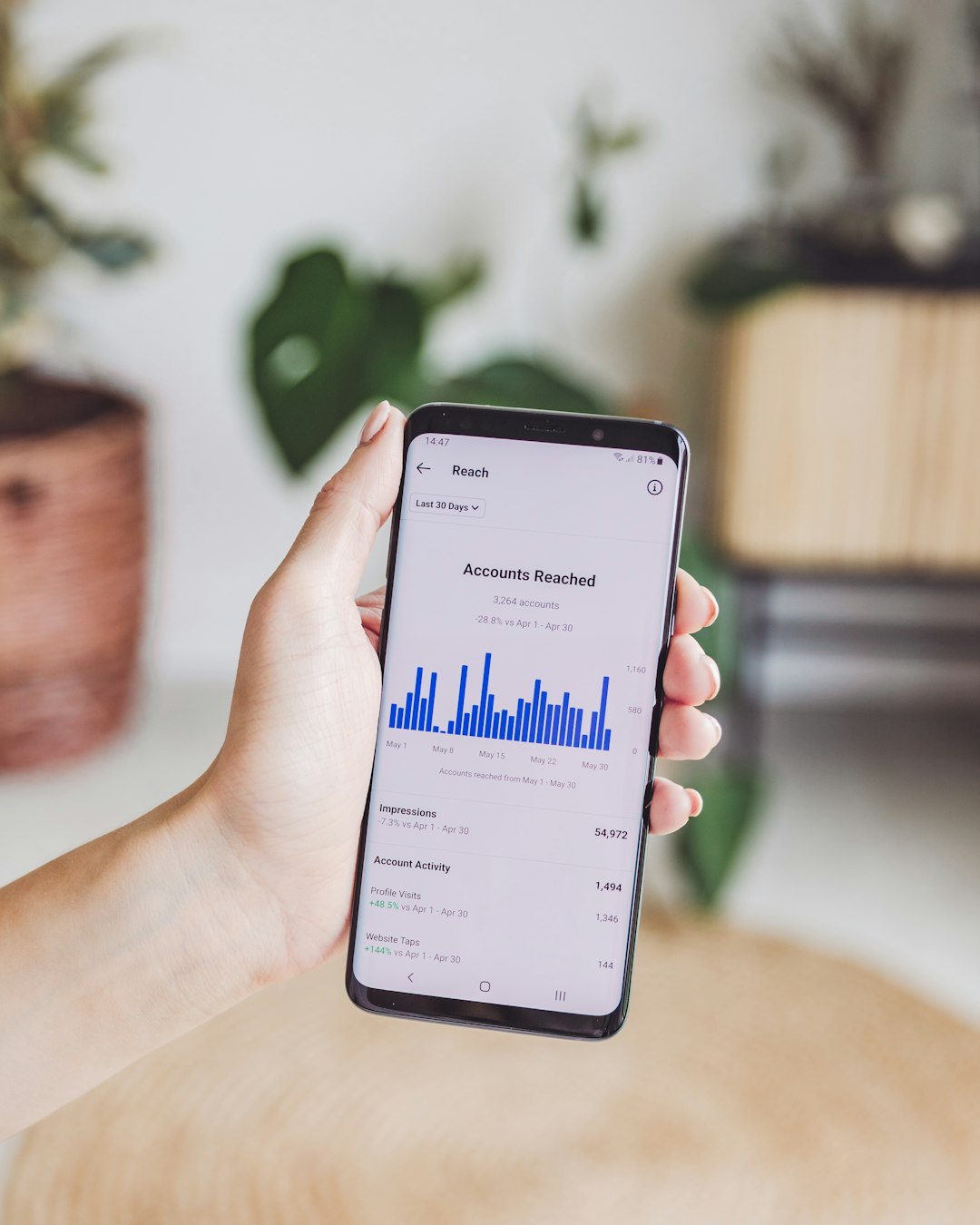In Michigan, Caller ID spoofing undermines the state's Do Not Call Laws, making it easier for scammers to target residents. This deceptive practice involves altering data packets to display false numbers and bypass filtering systems, making it harder for citizens to manage privacy and avoid unwanted telemarketing. While strict Do Not Call laws protect against commercial callers, advanced technology allows spoofed calls to evade these protections, leading to a rise in scams. To combat this issue, Michigan residents should register their numbers on the Do Not Call list, use call-blocking apps, and remain vigilant against unexpected calls from restricted numbers.
In Michigan, as across the nation, the rise of Caller ID spoofing has become a growing concern for residents. This insidious practice involves manipulatively altering call display information to mislead and potentially harm individuals. With Michigan’s strict Do Not Call Laws in place, understanding how spoofing works and its impact on privacy is crucial. This article delves into the intricacies of caller ID spoofing, its legal implications under Michigan’s Do Not Call laws, and provides practical tips for residents to protect themselves from its adverse effects.
Understanding Caller ID Spoofing: How Does it Work?

Caller ID spoofing is a deceptive practice where a caller manipulates their displayed name and number to mislead recipients. In simple terms, it involves using technology to falsify or hide the original caller’s identity. This can be achieved by rerouting a call through multiple systems, altering the data packets that carry phone number information, and ultimately displaying a different, often false, number on the recipient’s screen.
In Michigan, like many other states, Do Not Call Laws aim to protect residents from unwanted telemarketing calls. However, with the advent of spoofing technology, these laws face new challenges. Spoofed calls can bypass filtering systems and land on recipients’ phones as legitimate calls, making it harder for individuals to manage their privacy and avoid nuisance calls. Understanding this technique is crucial in navigating the evolving landscape of communication and ensuring the effectiveness of consumer protection measures like Do Not Call Laws in Michigan.
The Legal Framework: Michigan's Do Not Call Laws Explained

In Michigan, the Do Not Call Laws are designed to protect residents from unwanted telemarketing calls and provide them with a way to opt-out of such communications. These laws are regulated by the Michigan Attorney General’s Office, which enforces regulations to ensure compliance among businesses and organizations engaging in telemarketing activities within the state. The primary goal is to give citizens control over their privacy and reduce the volume of nuisance calls they receive.
Michigan’s Do Not Call Laws permit residents to register their phone numbers on a statewide “Do Not Call” list, effectively blocking most marketing calls. This law applies to both live operators and automated or prerecorded messages. Businesses that violate these rules can face penalties, emphasizing the importance of adhering to regulations to protect Michigan residents from intrusive telemarketing practices.
Impact on Residents: Unwanted Calls and Privacy Concerns

In Michigan, like many other states, residents are protected by strict Do Not Call laws designed to curb unwanted telemarketing calls. However, with the advent of Caller ID spoofing, these protections are increasingly being undermined. Spoofing occurs when a caller deliberately alters their display name and number to appear as someone else or even as a valid business. This practice has led to a surge in scam and fraudulent calls targeting Michigan residents.
Privacy concerns also loom large. Even though Do Not Call registries exist, spoofed calls can bypass these lists, making it difficult for residents to know who is contacting them. This uncertainty erodes trust in communication systems and creates a sense of unease among citizens who fear they might fall victim to scams or identity theft. As such, it’s crucial for Michigan residents to be vigilant and report suspicious calls while advocating for stronger measures against caller ID spoofing.
Common Scams and Fraud: Recognizing Spoofed Calls

Michigan residents often face a growing challenge with Caller ID spoofing, as scammers exploit advanced technologies to hide their identities. This practice involves manipulating call displays to show false information, making it difficult for recipients to verify the caller’s authenticity. Common scams include phishing attempts, where fraudulent actors pose as government agencies or reputable companies to trick individuals into revealing sensitive data. For instance, a caller might impersonate a local utility company and request urgent payment, all while hiding behind a spoofed number.
Recognizing these spoofed calls is crucial for Michigan residents to protect themselves from potential fraud. Do Not Call Laws in Michigan offer some safeguards, but they primarily focus on commercial callers. Residents should be vigilant, especially when unexpected calls display restricted or private numbers. By educating themselves about common scamming tactics and staying cautious, individuals can minimize the risk of falling victim to these sophisticated yet preventable deceptions.
Protecting Yourself: Mitigating the Effects of Caller ID Spoofing

To protect yourself from caller ID spoofing in Michigan, it’s essential to understand how these scams work and utilize available tools and resources. One effective measure is staying informed about Do Not Call Laws in Michigan. Registering your number on the state’s official Do Not Call list can significantly reduce unsolicited calls, including those with manipulated caller IDs. This simple step helps mitigate the effects of spoofing by limiting exposure to potentially harmful or fraudulent calls.
Additionally, investing in call-blocking apps or devices designed to identify and block spoofed calls can be highly effective. These tools often use real-time databases that update constantly, allowing them to recognize patterns indicative of caller ID spoofing. By employing these protective measures, Michigan residents can regain control over their phone lines, enhancing peace of mind and reducing the likelihood of falling victim to these deceptive practices.






